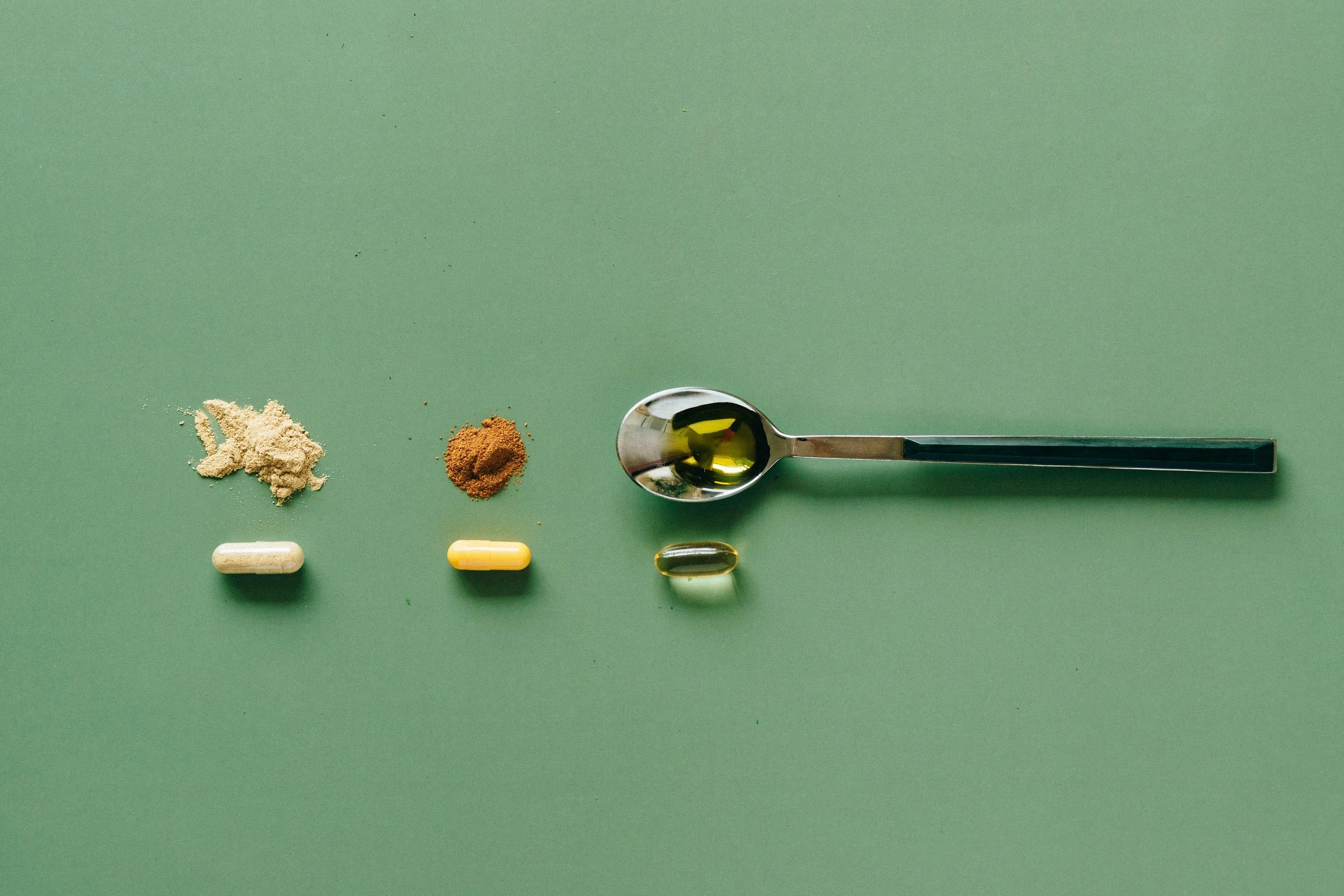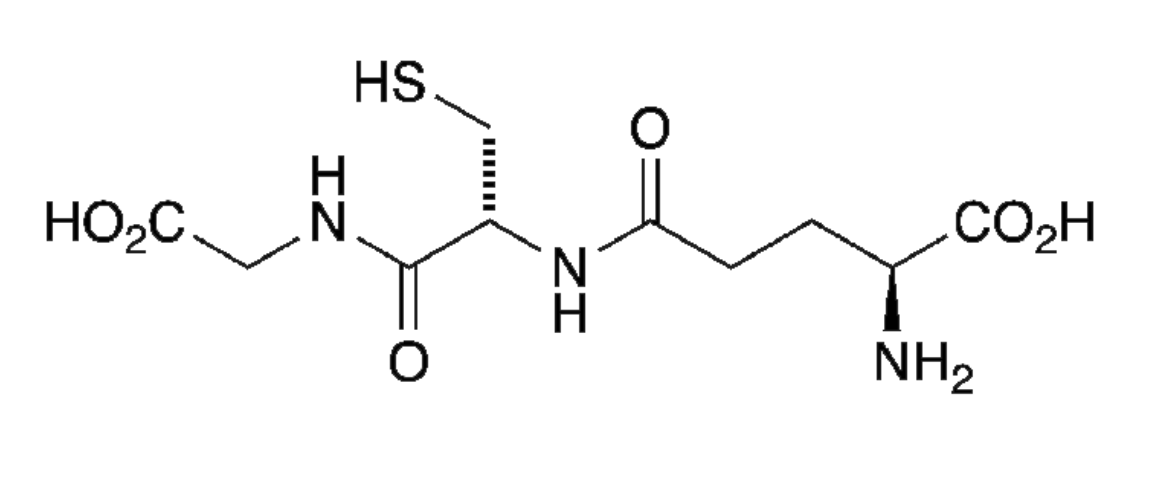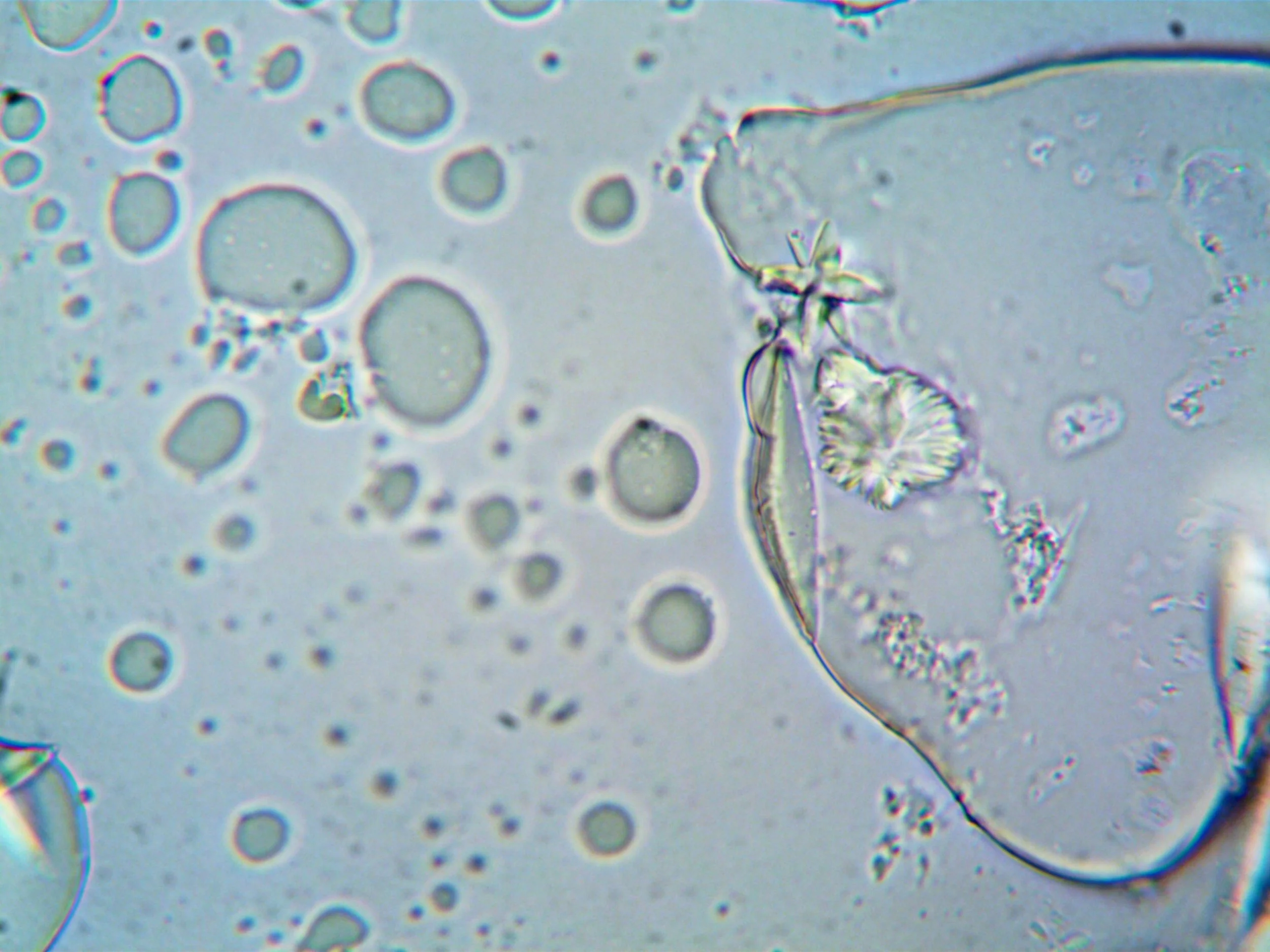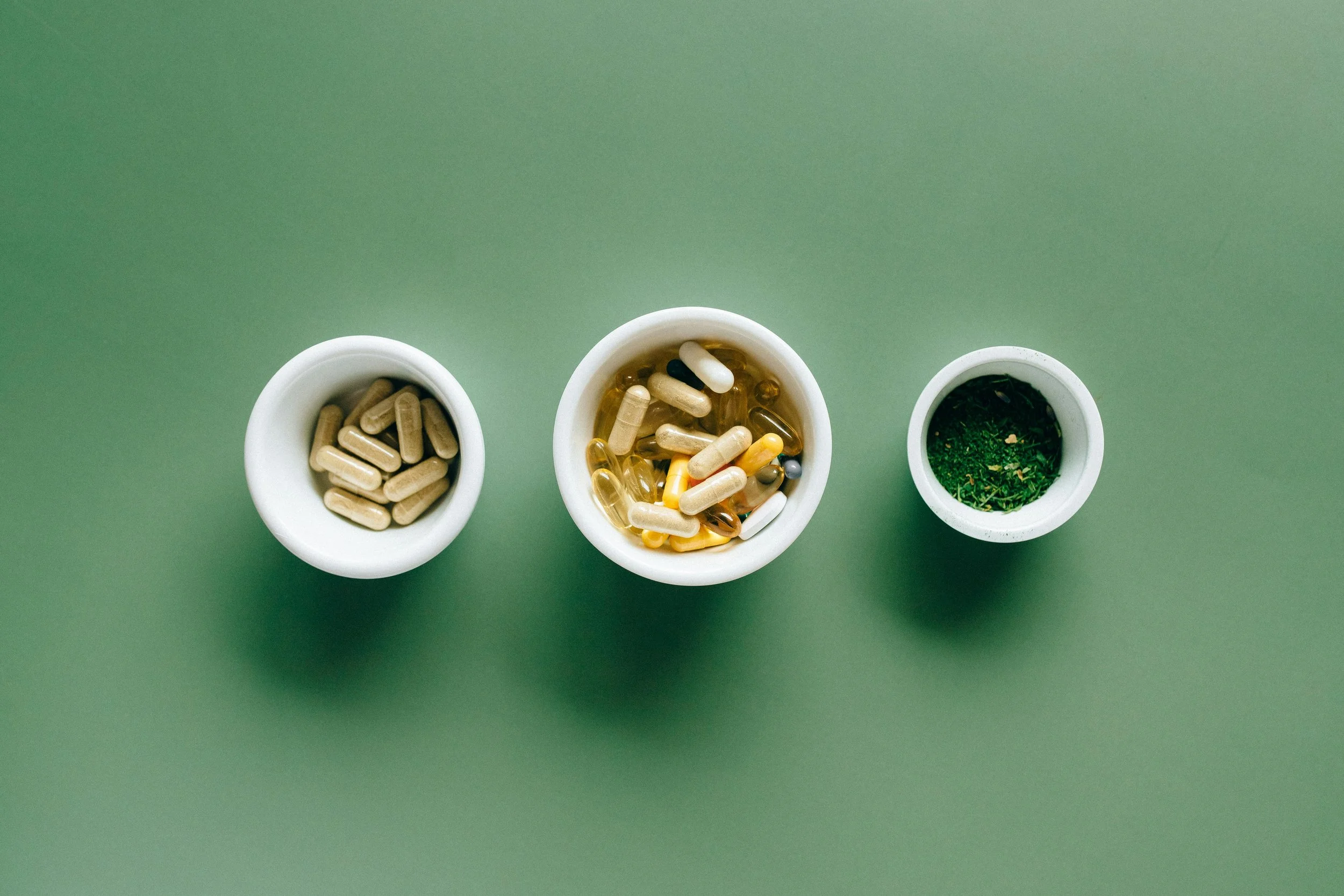Glutathione: What the heck is it & do we need it?
Gluta-
what?
If like me, you follow a bunch of wellness, beauty, and fitness accounts on social media, you have surely seen people taking glutathione supplements, either in the form of pills or nutritious gels. I understand that a lot of people may need to supplement with vitamin D in winter, or when living indoors most of their time. But what the heck is glutathione and do we really need to pay for another supplement subscription?
Keep in mind that I am not a doctor or a scientist, but I do take a deep dive into peer-reviewed studies and I am not scared to get into the needy-gritty of science, so Let’s dive in.
First, what is glutathione?
Anatomy of glutathione
According to this review article published in 2023, glutathione is a compound naturally made by our body.
It is a tri-peptide formed by the three amino acids glutamate, cysteine, and glycine. (Peptides are like building blocks for proteins).
There are two types of glutathione:
- GSH (the reduced form of glutathione, it represents 98% of all glutathione, and it is stored in our cells)
- GSSG (the oxidized form of glutathione, it helps GSH recycle itself. It is present at a much lower percentage because of its toxicity).
Glutathione is a very powerful antioxidant that fights oxidative stress. Generally, our body aims to keep a healthy balance between antioxidants and free radicals. But when the balance is disturbed and free radicals become more numerous than antioxidants, oxidative stress occurs, and wreaks havoc on our cells.
Oxidative stress can occur with repeated exposure to toxins such as alcohol, tobacco, drugs, excessive stress,and intense exercise.
Now.
What does glutathione do?
The works of glutathione
Cellular protection and regulation: glutathione protects our cells and their walls from oxidative stress.
Detoxification: it helps eliminate heavy metals like mercury, and persistent organic pollutants like pesticides, supporting the liver in the detoxification process.
Antioxidant booster: glutathione works hand in hand with other antioxidants like vitamin C and vitamin E to drive a bigger fight against oxidative stress and free radicals.
Immune system support: this review explains that glutathione is key in immune cell function and response.
Exercise performance: glutathione helps with exercise performance by decreasing oxidative damage and muscle fatigue (find the fascinating study here).
Cognitive support: in the brain, glutathione circulates and protects our neurobiological health. In neurodegenerative diseases like Alzheimer’s or Parkinson’s, glutathione levels are found to be much lower than in healthy individuals.
Skin brightening agent: by scavenging free radicals induced by UV radiations and blocking tyrosinase (enzyme responsible for skin pigmentation), glutathione promotes a lighter skin tone (find the review here)
Glutathione is pretty great actually.
Sadly, it doesn’t stick around forever.
Aging: glutathione is naturally present in our body, but as we get older, its levels decrease, which means that oxidative stress rises and makes us more prone to health issues. This study suggests that 2 out of the 3 peptides of glutathione, glycine and cysteine, are found in diminished supply in the older body, which consequently prevents the synthesis of glutathione.
Chronic illness: neurodegenerative diseases (Alzheimer’s, Parkinson’s), immune diseases and cardiovascular diseases are all associated with low levels of glutathione. It is hard to tell wether low glutathione levels are a cause of illness, or if the illness causes that decline.
We love glutathione and it might be worth supporting healthy levels as we age.
Here is how.
Decrease your toxin exposure
We can decrease our exposure to toxins by diminishing alcohol consumption, tobacco and drug uses, and staying away from heavy metals as well as pesticides and pollutants.
Support your glutathione levels
Foods (supported by this study):
- whole cuts animal protein
- Brassica vegetables like broccoli, watercress, unfrozen and organic
- Green tea
- Asparagus (steamed)
- Avocado (raw)
Supplements to support glutathione action and/or synthesis:
- cysteine in the form of whey,
- antioxidant vitamins (Vitamin B, C, E),
- alpha lipolic acid
- milk thistle (supported by this review)
- selenium
Although, dosage and delivery methods are not clearly established for those supplements in supporting glutathione levels.
Direct Glutathione supplement routes:
- oral
- sublingual
- liposomal
- intravenous
- intramuscular
Sublingual, liposomal and intravenous routes appeared to have better bioavailability (better absorption of the compound by the body) by bypassing the digestive system break-down mechanisms. Not all studies agree on the best delivery methods, or on the dosages but 250 - 500mg/day were common doses used in the studies I have reviewed.
Meditation:
This study blew my mind a little, as it demonstrated that breath work and meditation practitioners of a Sudarshan Kriya practice displayed better antioxidant status than non-practitioners.
In summary
Okay. Now you have it.
Glutathione is a great natural antioxidant and healthy-aging compound that helps protect our cells from oxidative damage and supports a brighter skin complexion. Protect your glutathione levels naturally by decreasing your exposure to toxins and by eating pesticide-free, antioxidant-rich whole foods. Supplementing with sublingual or liposomal deliveries could be a good idea if you want to age gracefully, although the age that one should start using glutathione supplement is unclear. I have also checked a few brands that sell liposomal glutathione, and the dosage in each packet or capsule is not always mentioned. It could be worth investigating before purchasing. If you are suffering from a chronic illness, some studies suggest that it could play a role in symptom management (check with your doc on that before taking any supplements, as they could interfere with your current treatment). If you read that far, you are a champ. And a health nerd like me. Bravo!



